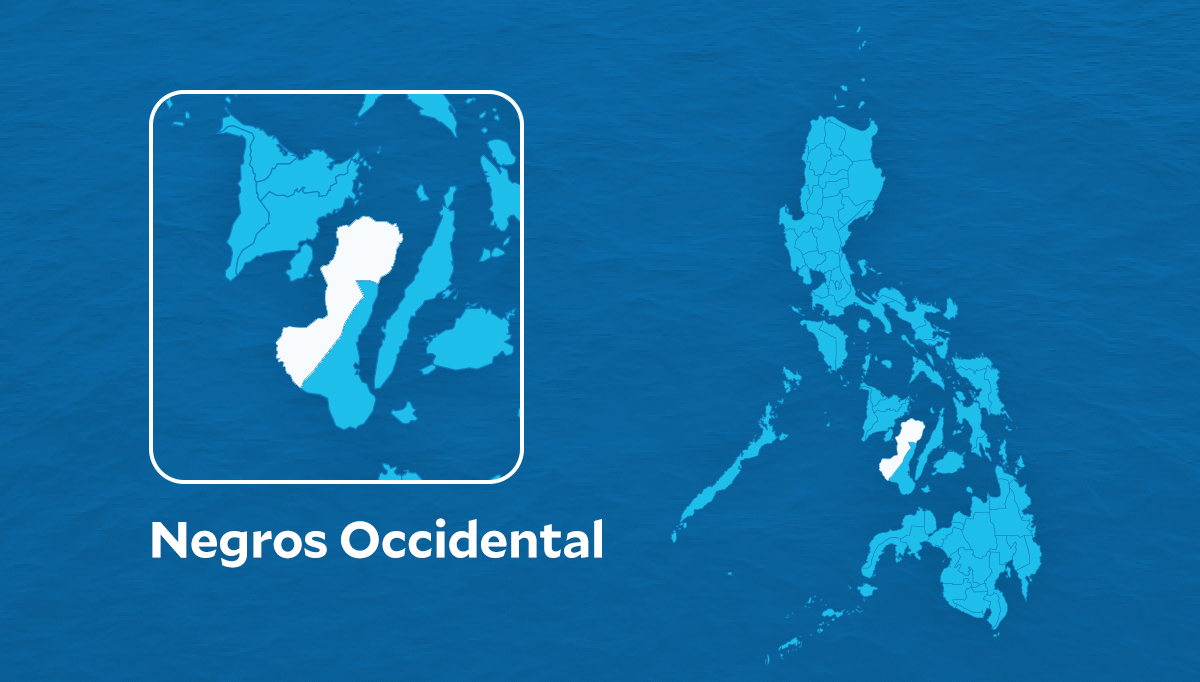1,500 landless Negros tillers stage indefinite campout
BACOLOD CITY – About 1,500 peasants in Negros Occidental, many of them aging, sickly and impoverished, trooped to the Department of Agrarian Reform (DAR) Provincial Office in Barangay Montevista here on Wednesday to stage an indefinite campout.
The Task Force Mapalad (TFM), in a press statement, said they are protesting against the administration’s “deceptions and trickery” in the implementation of the Comprehensive Agrarian Reform Program (CARP).
The protesters, belonging to TFM, are landless tillers in 250 sugar farms in the cities of Silay, Talisay, Cadiz, Sagay, Victorias, Escalante, Bago, La Carlota, and Himamaylan and the towns of Manapla, E.B. Magalona, Murcia, Pontevedra, La Castellana, Isabela, Moises Padilla, Hinigaran, and Binalbagan.
“This is among the biggest pickets that we’ve organized and perhaps the longest campout that we will carry out to show President Bongbong Marcos and DAR Secretary Conrado Estrella III how exasperated we are over how this administration is dibbling and dabbling with CARP, robbing us of any hope that we will be awarded with lands before the end of their terms,” said Teresita Tarlac, president of the TFM Negros chapter.
“We are questioning the sincerity of the Marcos administration in completing the acquisition and distribution of CARP-covered lands, especially vast private agricultural landholdings that up to now remain under the control of landlords,” she added.
Article continues after this advertisementTFM farmers said they had always expressed their frustration over the DAR’s snail-paced CARP implementation.
Article continues after this advertisement“But the present administration appears to be the worst CARP implementer as it appears to be finding ways on how to abort the program,” the TFM said.
TFM peasant leader Arnel Amaro said previous administrations did CARP like “cha-cha” – one step forward and two steps backward.
READ: Tolentino: Loan condonation, land titles ‘best Christmas gift to farmers’ from Marcos
“That is why the program’s land acquisition and distribution phase dragged on for 36 years instead of being completed within just a decade,” he said.
